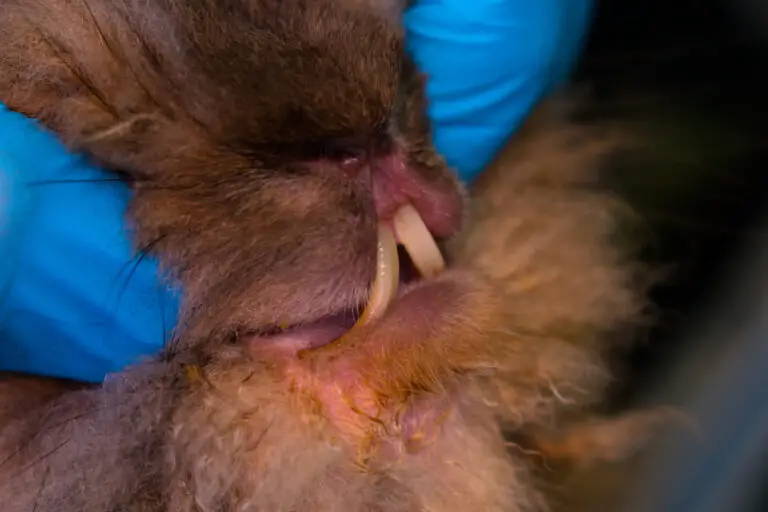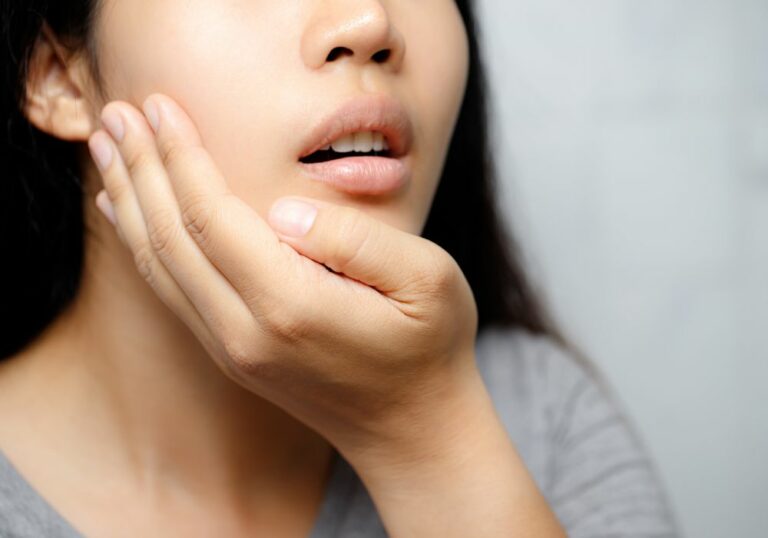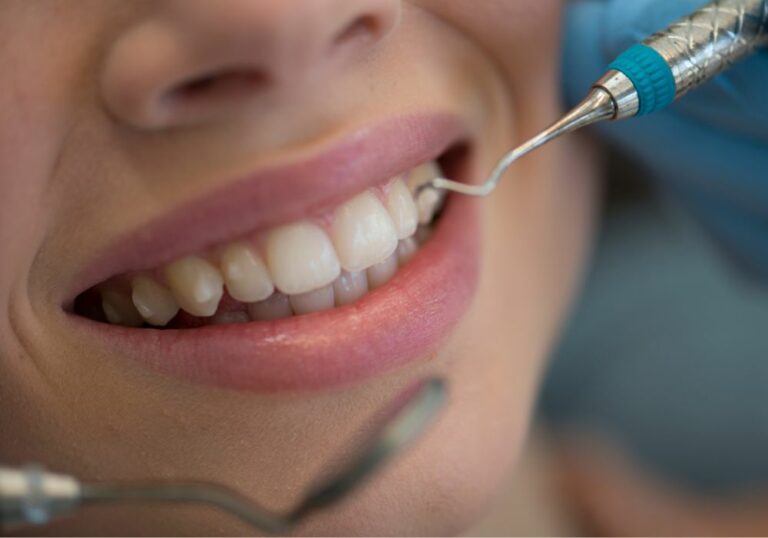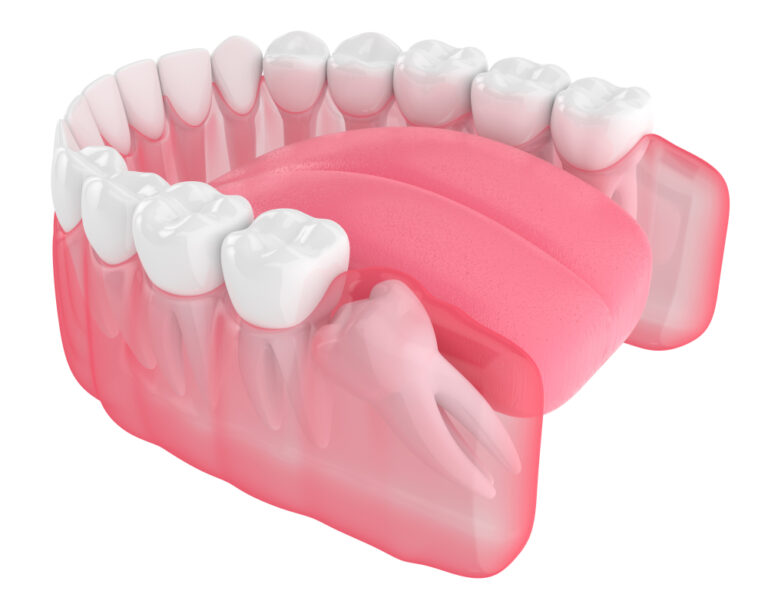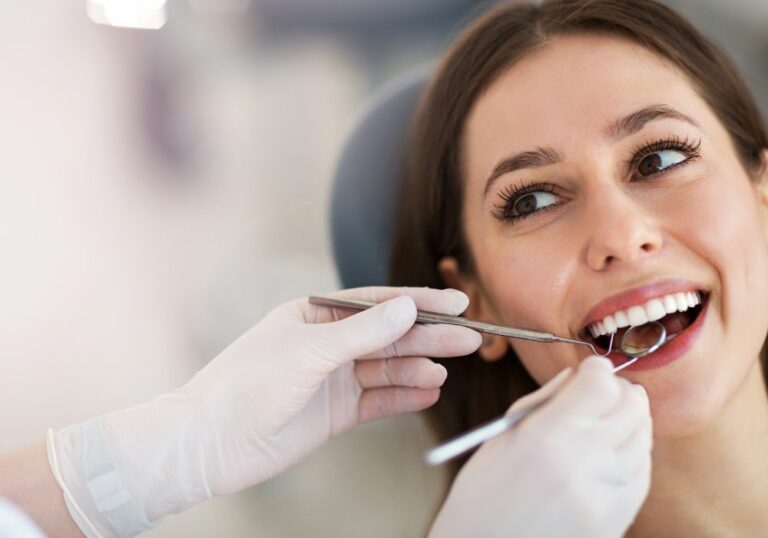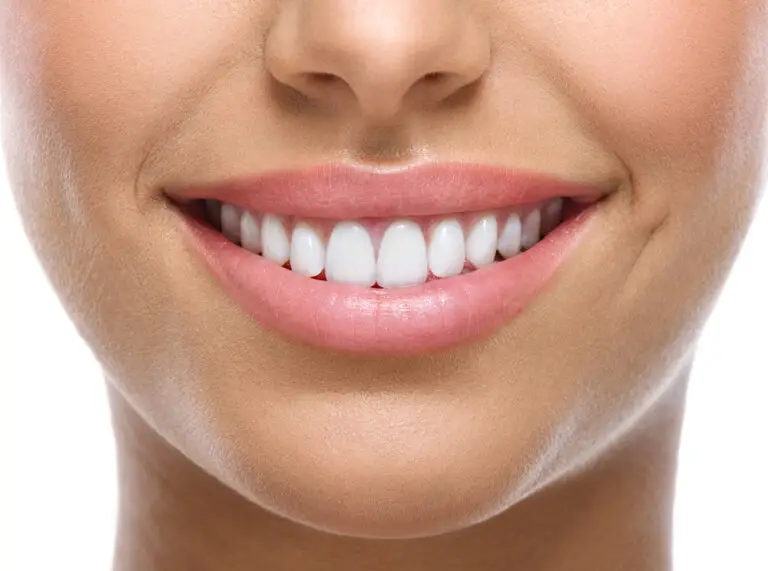Are you a vaper who is about to undergo wisdom teeth removal? If so, you may be wondering if it is safe to vape nicotine before the procedure. While nicotine itself does not have a direct effect on the healing process, there are other factors to consider.
Firstly, smoking or vaping before the surgery can increase the risk of complications during and after the procedure. Nicotine can constrict blood vessels, which can reduce blood flow to the surgical site and delay healing. Additionally, smoking or vaping can increase the risk of infection and dry socket, a painful condition that occurs when the blood clot in the extraction site is dislodged.
To ensure a safe and successful surgery, it is recommended that you avoid smoking or vaping for at least 24-48 hours before the procedure. This includes not only nicotine but also other substances such as alcohol and recreational drugs. By following these guidelines, you can minimize the risk of complications and promote a speedy recovery.
Understanding Vaping and Nicotine

If you are a vaper, you may be wondering if it is safe to vape nicotine before wisdom teeth removal. Nicotine is an addictive substance found in tobacco products, including cigarettes, cigars, and chewing tobacco. It is also found in e-cigarettes, which are commonly used for vaping.
When you vape, you inhale an aerosol, which is produced by heating a liquid that contains nicotine, flavorings, and other chemicals. The aerosol is then inhaled into your lungs, where the nicotine is absorbed into your bloodstream. Nicotine can have both short-term and long-term effects on your body, including addiction, increased heart rate and blood pressure, and lung damage.
Before your wisdom teeth removal, it is important to understand the risks associated with nicotine use. Nicotine can interfere with the healing process, increase the risk of infection, and cause complications during anesthesia. It is recommended that you avoid nicotine for at least 24 hours before your procedure.
If you are unable to quit nicotine use before your wisdom teeth removal, talk to your dentist or oral surgeon about alternative options. They may be able to provide you with nicotine replacement therapy or other options to help you quit.
Overall, it is important to prioritize your oral health and follow your dentist or oral surgeon’s instructions before and after your wisdom teeth removal. Avoiding nicotine use before your procedure can help reduce the risk of complications and promote a faster and smoother recovery.
Wisdom Teeth Removal: An Overview
If you’re preparing to have your wisdom teeth removed, it’s important to know what to expect. Wisdom teeth, also known as third molars, are the last set of teeth to emerge in the back of your mouth. While some people have no issues with their wisdom teeth, others may experience pain, swelling, and infection.
Your dentist or oral surgeon may recommend that you have your wisdom teeth removed to prevent these problems from occurring. The procedure is typically done under local or general anesthesia and involves removing the teeth from the jawbone.
After the procedure, you’ll need to take special care of your mouth to promote healing and prevent complications. This includes avoiding certain foods and activities, such as smoking or using nicotine products like e-cigarettes.
Nicotine can restrict blood flow and inflame the gums, which can delay healing and increase the risk of infection. It’s important to follow your dentist or oral surgeon’s instructions and wait until you’re fully healed before using nicotine products again.
In the next section, we’ll explore the impact of vaping nicotine before wisdom teeth removal and why it’s important to avoid it.
Potential Risks of Vaping Before Surgery
If you are a vaper and have a surgery coming up, you may be wondering if you can vape before the procedure. While vaping is considered less harmful than smoking, it is not entirely safe, especially before surgery. Here are some potential risks of vaping before surgery:
Increased Risk of Complications
Vaping before surgery can increase the risk of complications during and after the procedure. Nicotine, the primary component of e-cigarettes, constricts blood vessels, reducing blood flow to vital organs and tissues. This can lead to slower healing and an increased risk of infection.
Anesthesia Interference
Vaping before surgery can interfere with anesthesia. Nicotine can affect the way your body processes anesthesia, making it more difficult for the anesthesiologist to determine the right dosage. This can lead to complications during the procedure, such as prolonged sedation or waking up during surgery.
Respiratory Problems
Vaping can cause respiratory problems, such as coughing and wheezing. This can be especially problematic before surgery, as it can increase the risk of lung complications during and after the procedure. Additionally, vaping can cause inflammation and irritation in the airways, making it more difficult to breathe.
Delayed Healing
Vaping can delay healing after surgery. Nicotine can reduce blood flow to the surgical site, slowing down the healing process. Additionally, vaping can cause inflammation and irritation in the body, which can further delay healing.
In summary, vaping before surgery is not recommended. It can increase the risk of complications, interfere with anesthesia, cause respiratory problems, and delay healing. If you are a vaper and have a surgery coming up, it is best to quit vaping at least two weeks before the procedure to reduce the risk of complications and ensure a smooth recovery.
Nicotine’s Effect on Anesthesia
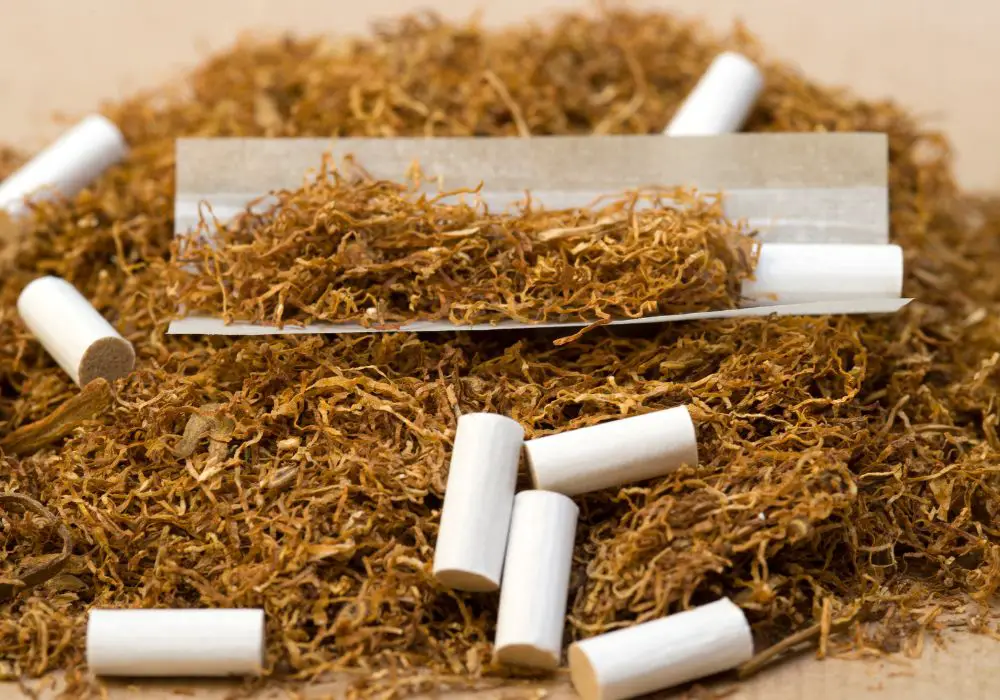
Nicotine is a highly addictive substance found in tobacco and electronic cigarettes. If you are a smoker or vaper, it is important to inform your dentist or oral surgeon before any dental procedure, including wisdom teeth removal. Nicotine can have a significant impact on the effectiveness of anesthesia and can increase the risks of complications during and after surgery.
According to the American Association of Nurse Anesthetists, the use of electronic cigarettes before surgery is not recommended. Nicotine can cause a reduction in the amount of oxygen delivered to vital organs and tissues in the body, which can lead to complications during anesthesia. It can also stimulate the release of adrenal catecholamines, which can make the cardiovascular effects of anesthetics less predictable.
It is important to note that the effects of nicotine on anesthesia can vary depending on the amount and frequency of use. Heavy smokers or vapers may experience more significant effects than occasional users. Therefore, it is crucial to inform your dentist or oral surgeon about your nicotine use and follow their instructions regarding cessation before surgery.
In addition to its effects on anesthesia, nicotine can also slow down the healing process after surgery. It can constrict blood vessels and reduce blood flow, which can impede the delivery of nutrients and oxygen to the surgical site. This can result in delayed healing, increased pain, and a higher risk of infection.
To minimize the risks associated with nicotine use before wisdom teeth removal, it is recommended that you quit smoking or vaping at least 24 hours before your surgery. If you are unable to quit, your dentist or oral surgeon may recommend alternative methods of anesthesia or prescribe nicotine replacement therapy to help manage withdrawal symptoms.
Post-Surgery Complications Due to Nicotine
Nicotine is a highly addictive substance found in tobacco products, including cigarettes and e-cigarettes. It is known to have adverse effects on the body’s ability to heal and recover from surgical procedures, including wisdom teeth removal.
According to medical experts, nicotine can constrict blood vessels, reducing blood flow to the surgical site, which can lead to complications such as delayed healing, infection, and dry socket. Dry socket is a painful condition that occurs when the blood clot that forms after a tooth extraction is dislodged or dissolves, exposing the underlying bone and nerves.
In addition, nicotine can interfere with the body’s immune response, making it more difficult to fight off infections. This can increase the risk of post-surgery complications, such as inflammation, swelling, and pain.
Therefore, it is highly recommended that you refrain from using any nicotine-containing products, including e-cigarettes and vaping, for at least 48 hours before and after wisdom teeth removal. This will help ensure a smooth and speedy recovery, with minimal risk of complications.
If you are a regular user of nicotine products, it is important to discuss your usage with your dentist or oral surgeon before the procedure. They may recommend alternative methods to manage nicotine cravings, such as nicotine replacement therapy or prescription medications.
In summary, nicotine can have significant negative effects on the healing process after wisdom teeth removal. To minimize the risk of complications and ensure a smooth recovery, it is best to avoid nicotine-containing products for at least 48 hours before and after the procedure.
Expert Opinions
According to dental and medical experts, it is best to avoid vaping nicotine before wisdom teeth removal surgery. Nicotine can have negative effects on the healing process, leading to complications after surgery. It constricts blood vessels and reduces blood flow, inhibiting the delivery of oxygen and vital nutrients to the surgical site. This can cause the surgical site to heal more slowly and increase the risk of infection.
In addition, using tobacco, vape pens, and e-cigarettes can make recovery and healing after dental surgery more difficult. Some people think that e-cigarettes are a safer alternative to smoking cigarettes, but they still contain nicotine, which can be harmful to the healing process.
It is recommended that you stop using nicotine products at least 48 hours prior to surgery. This includes vaping, smoking, and chewing tobacco. This will help to reduce the risk of complications and improve the healing process.
If you are a regular nicotine user, it is important to discuss this with your dentist or oral surgeon prior to surgery. They may have specific recommendations for you based on your individual situation and medical history. They may also be able to provide you with resources to help you quit using nicotine products before and after surgery.
Overall, it is best to avoid using nicotine products before wisdom teeth removal surgery to ensure a smooth and successful recovery.
Alternatives to Vaping Before Surgery
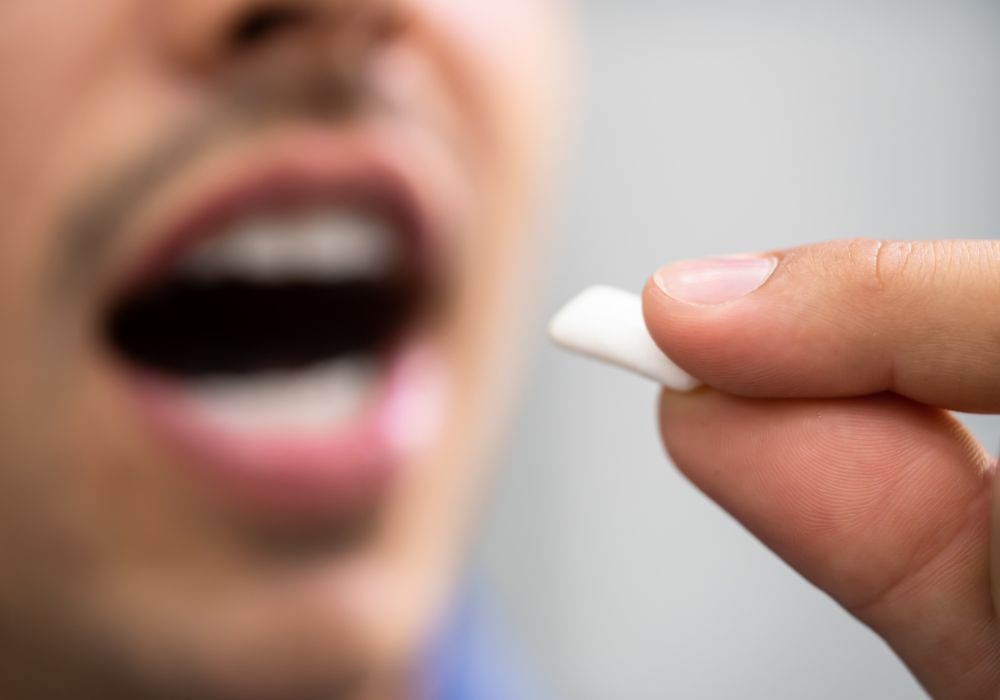
If you are a vaper, you may wonder if there are any alternatives to vaping before wisdom teeth removal. The good news is that there are several options available that can help you manage your nicotine cravings without having to vape.
Here are some alternatives to consider:
Nicotine Gum
Nicotine gum is a type of chewing gum that contains nicotine. It is designed to help smokers quit smoking by reducing their cravings for nicotine. Nicotine gum is available in different strengths and flavors. It is easy to use and can be purchased over-the-counter without a prescription.
Nicotine Lozenges
Nicotine lozenges are small tablets that dissolve in your mouth. They also contain nicotine and are designed to help smokers quit smoking. Nicotine lozenges are available in different strengths and flavors. They are easy to use and can be purchased over-the-counter without a prescription.
Nicotine Patches
Nicotine patches are transdermal patches that are applied to your skin. They also contain nicotine and are designed to help smokers quit smoking. Nicotine patches are available in different strengths and are worn for a specific period of time each day. They can be purchased over-the-counter without a prescription.
Prescription Medications
If you are having trouble quitting smoking or managing your nicotine cravings, your doctor may prescribe medications such as bupropion or varenicline. These medications work by reducing your cravings for nicotine and can help you quit smoking.
In conclusion, there are several alternatives to vaping before wisdom teeth removal. Nicotine gum, lozenges, patches, and prescription medications can all help you manage your nicotine cravings without having to vape. If you are unsure which option is right for you, speak with your doctor or a healthcare professional.
Frequently Asked Questions
How long should I wait to vape after wisdom teeth removal?
It is recommended to wait at least 48 hours after wisdom teeth removal before vaping. Nicotine can affect the healing process, leading to complications after wisdom teeth surgery. It constricts blood vessels and reduces blood flow, inhibiting the delivery of oxygen and vital nutrients to the surgical site. Waiting for 48 hours can help reduce the risk of complications and promote faster healing.
Can I drink water before wisdom teeth removal?
Yes, you can drink water before wisdom teeth removal. However, it is recommended to avoid eating or drinking anything, including water, for at least six hours before the surgery if you are going under general anesthesia. Your dentist or oral surgeon will provide you with specific instructions on when to stop eating and drinking before the surgery.
Is it safe to vape after tooth extraction according to NHS?
The NHS advises against smoking or vaping after tooth extraction. Smoking or vaping can delay the healing process and increase the risk of developing dry socket, which is a painful condition that occurs when the blood clot that forms after tooth extraction is dislodged or dissolves prematurely.
What is the recommended time to wait before vaping after tooth extraction?
It is recommended to wait at least 48 hours after tooth extraction before vaping. Waiting for 48 hours can help reduce the risk of complications and promote faster healing. However, it is important to follow your dentist or oral surgeon’s specific instructions on when it is safe to start vaping again.
Can I vape after tooth extraction using gauze?
No, it is not recommended to vape after tooth extraction using gauze. Gauze can become stuck to the surgical site and dislodge the blood clot, which can lead to dry socket. It is best to avoid vaping or smoking altogether until you have fully healed.
Can vaping through the nose cause dry socket?
Vaping through the nose can increase the risk of dry socket. The suction created by inhaling can dislodge the blood clot and delay the healing process. It is best to avoid vaping or smoking altogether until you have fully healed.

